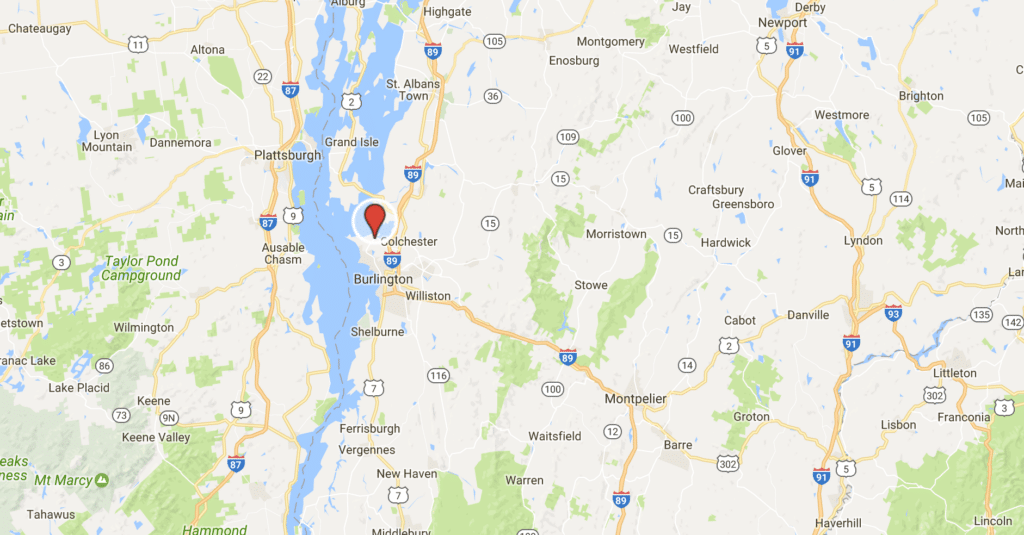By Brian Gray
One of the most common oil tank problems that our service technicians see is contamination from water due to condensation or other sources. Unfortunately, by the time your furnace or boiler starts showing problems from water contamination, your heating system may already be damaged.
A few water droplets are harmless, but as water accumulates over time, it can:
- Cause corrosion inside the tank
- End up inside the boiler or furnace and cause a breakdown
- Freeze in the fuel lines end prevent the oil from reaching the heating system
Condensation build up is more common during the spring and summer months when cold water vapor meets a warmer surface because your tank’s internal temperature is cooler than the outside temperature. Moist air cools down inside of the tank and causes water vapor in the air to form water droplets. These droplets form on the inner walls and, as water is heavier than most fuel oils, a layer of water can end up on the bottom of the tank.
Water can corrode the tank and the heating system from the inside and can, with enough volume, overflow and reach the fuel line. It can also cause sludge to form.
When your tank runs low on fuel, there is more air space which means there is a higher chance of humidity and condensation build up.
Visible corrosion and tank defects like broken seals, holes, and cracks can also allow water vapor to get inside.
The good news is that water in your fuel tank is easily prevented and with a few precautions, can be avoided before it starts.
- Regularly check for damaged vents, holes, gaps or corroded seals.
- Never allow your tank to get low or go empty.
- Choose a reputable heating oil provider that can deliver high-quality fuel and help you maintain your tank.
- Schedule a regular tune up to replace the fuel filters and flush the boiler feed pipe.
The Energy Co-op can inspect your tank, effectively remove any water and dispose of the water in an environmentally approved manner. This is particularly important if water has entered your tank due to an issue such as perforation or a broken seal because oil spills can result in fines if any damage is made to the surroundings.
Don’t forget that filling your tank with heating oil is the best way to prevent condensation so top off your tank in the spring to prevent problems, so contact us today to schedule a delivery to top off your tank for the summer.








